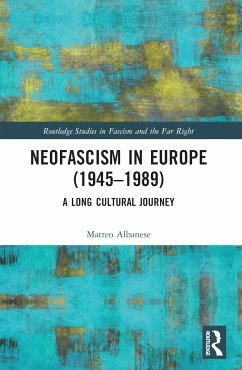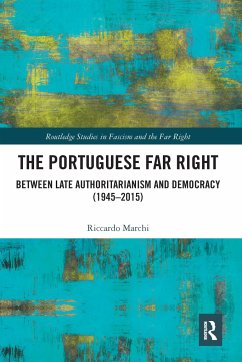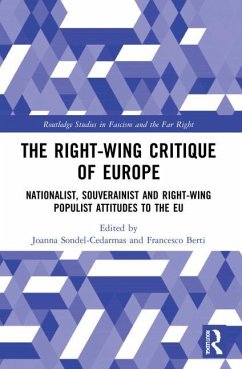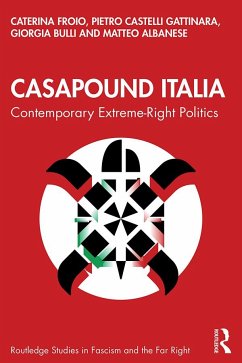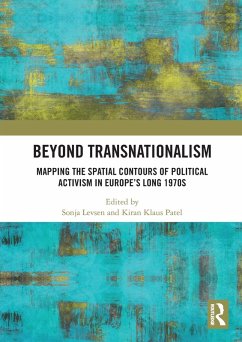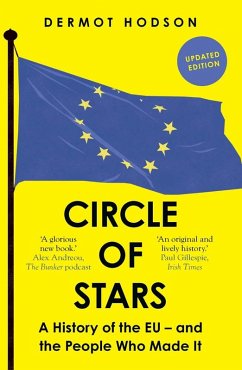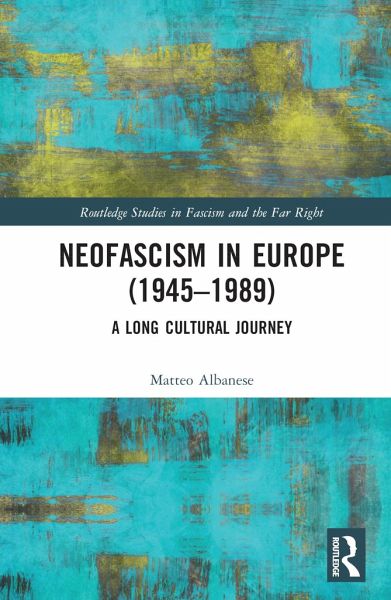
Neofascism in Europe (1945-1989)
A Long Cultural Journey
Versandkostenfrei!
Versandfertig in 6-10 Tagen
154,99 €
inkl. MwSt.
Weitere Ausgaben:

PAYBACK Punkte
77 °P sammeln!
The text represents a long journey in the debate that characterized the multifaceted political phenomenon of neofascism. From the end of the Second World War until the fall of the communist regimes, groups, parties and individuals have given life to a network of action and thought that has developed, above all, around three major themes that have characterized the thought of historical fascism and that we can find at different latitudes during the course of the long period of time under consideration. Racism, contempt for equality and democracy and an issue linked to the state as an element of...
The text represents a long journey in the debate that characterized the multifaceted political phenomenon of neofascism. From the end of the Second World War until the fall of the communist regimes, groups, parties and individuals have given life to a network of action and thought that has developed, above all, around three major themes that have characterized the thought of historical fascism and that we can find at different latitudes during the course of the long period of time under consideration. Racism, contempt for equality and democracy and an issue linked to the state as an element of modernity, these are the three levels of analysis around which the neofascist movement regroups, debates and acts. The meticulous reconstruction of that debate at a transnational level is the result of a long archival work with unpublished and illuminating papers on the issue of continuity between political cultures. The text can be easily read by students of Humanities and Social Sciences courses but it is also pleasant for fans of the subject.





